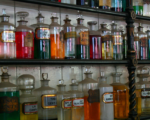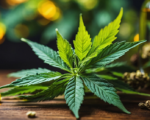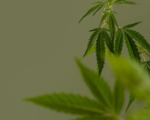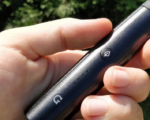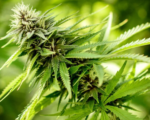In a major blow to hemp sellers, Maryland’s Appellate Court just ruled that popular delta-8 and delta-10 THC products are flat-out illegal. This decision flips a lower court’s order and backs the state’s push to control these buzzy alternatives to marijuana. But what does it mean for users and businesses? Stick around to find out the full impact.
The Big Ruling and What It Means
Maryland’s Appellate Court made waves on September 9 by declaring delta-8 and delta-10 THC prohibited under state law. The court said these hemp-derived substances have always been illegal, even if enforcement was loose before. This overturns a preliminary injunction from a lower court that had let hemp groups challenge the rules.
The case started when the Maryland Hemp Coalition, along with retailers, farmers, and consumers, sued over the Cannabis Reform Act passed in 2023. That law sets up adult-use cannabis sales and requires licenses for any intoxicating hemp products. The coalition argued it was unfair, but the appeals judges disagreed, calling the licensing system constitutional.
Why does this matter? Delta-8 and delta-10 are cannabinoids from hemp that give a milder high than regular THC. They’ve exploded in popularity as legal loopholes to federal hemp laws. Now, in Maryland, selling them without a cannabis license could lead to big trouble.
This isn’t just legal jargon. It affects everyday people who rely on these for relaxation or pain relief, and it reshapes a growing industry.
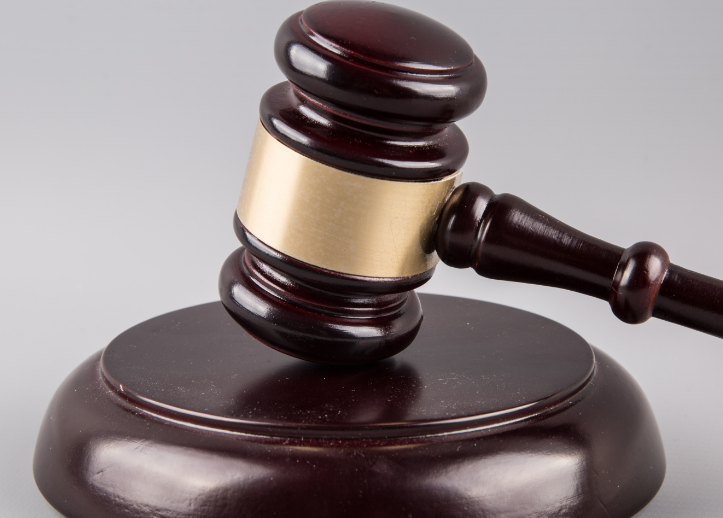
How We Got Here: The Backstory
Flash back to 2018, when the federal Farm Bill legalized hemp and its derivatives, as long as THC levels stayed under 0.3%. That’s when delta-8 and delta-10 hit the scene, made in labs from CBD. They skirted marijuana bans and popped up in gas stations and online shops across the U.S.
In Maryland, things heated up after voters approved recreational cannabis in 2022. The state rolled out the Cannabis Reform Act in 2023 to regulate the market. It aimed to protect consumers by ensuring products are tested and sold through licensed channels.
But hemp sellers cried foul. They said the rules would crush their businesses, forcing them into the cannabis system or out entirely. A lower court sided with them temporarily in 2023, blocking enforcement. That kept delta-8 flowing for a while.
Data from the Hemp Industry Association shows U.S. delta-8 sales topped $2 billion in 2024, with Maryland shops contributing a chunk. Research by Brightfield Group in early 2025 found over 60% of users picked delta-8 for its legal status and milder effects.
The appeals court dug into state definitions of cannabis, ruling that any intoxicating hemp product counts as marijuana under Maryland law. No more gray areas.
Impact on Businesses and Consumers
Hemp retailers are reeling from this decision. Without a cannabis license, they can’t sell delta-8 or delta-10 anymore. Getting licensed isn’t easy; it involves strict rules, fees, and competition from big players.
One hemp farmer told reporters the ruling could wipe out small operations. “We’ve built our livelihoods on this,” he said. The court noted that lax enforcement let these products thrive, but that’s over now.
For consumers, options shrink. If you used delta-8 for anxiety or sleep, you’ll need to switch to licensed cannabis or go without. Health experts warn untested products can have contaminants, so this might actually make things safer.
Here’s what changes right away:
- No more delta-8 gummies or vapes in unlicensed stores.
- Licensed cannabis shops could start offering alternatives, but supply might lag.
- Prices may rise as the market adjusts.
A 2025 study by the University of Maryland found 25% of young adults in the state tried delta-8, highlighting its reach. The ruling pushes everything into regulated channels, which could cut illegal sales but raise costs.
Business owners have options, like pivoting to non-intoxicating CBD. But many feel blindsided.
Broader Effects on Hemp and Cannabis Laws
This Maryland ruling echoes trends in other states. Arkansas banned delta-8 earlier in 2025, and places like Texas are cracking down too. It’s part of a national debate on hemp versus cannabis.
Federally, delta-8 is still legal under the 2018 Farm Bill, but states can override that. The U.S. Court of Appeals ruled in 2022 that delta-8 counts as hemp, yet Maryland’s court focused on state rules.
Experts say this could inspire more states to tighten up. A report from New Frontier Data in 2025 predicts the U.S. cannabis market will hit $50 billion by 2030, but hemp alternatives might shrink to $5 billion if bans spread.
What about safety? The FDA has warned about delta-8 risks, like accidental overdoses. Maryland’s move prioritizes consumer protection over easy access.
It also boosts the licensed cannabis industry. With adult-use sales starting in 2023, the state collected over $700 million in revenue by mid-2025, per state tax records. Diverting hemp sales there could add millions more.
Still, critics argue it limits choices and hurts innovation in natural remedies.
Maria Garcia is an award-winning author who excels in creating engaging cannabis-centric articles that captivate audiences. Her versatile writing style allows her to cover a wide range of topics within the cannabis space, from advocacy and social justice to product reviews and lifestyle features. Maria’s dedication to promoting education and awareness about cannabis shines through in her thoughtfully curated content that resonates with both seasoned enthusiasts and newcomers alike.

